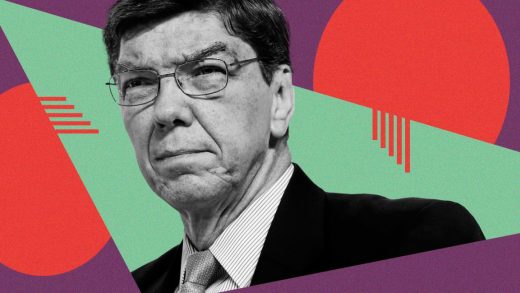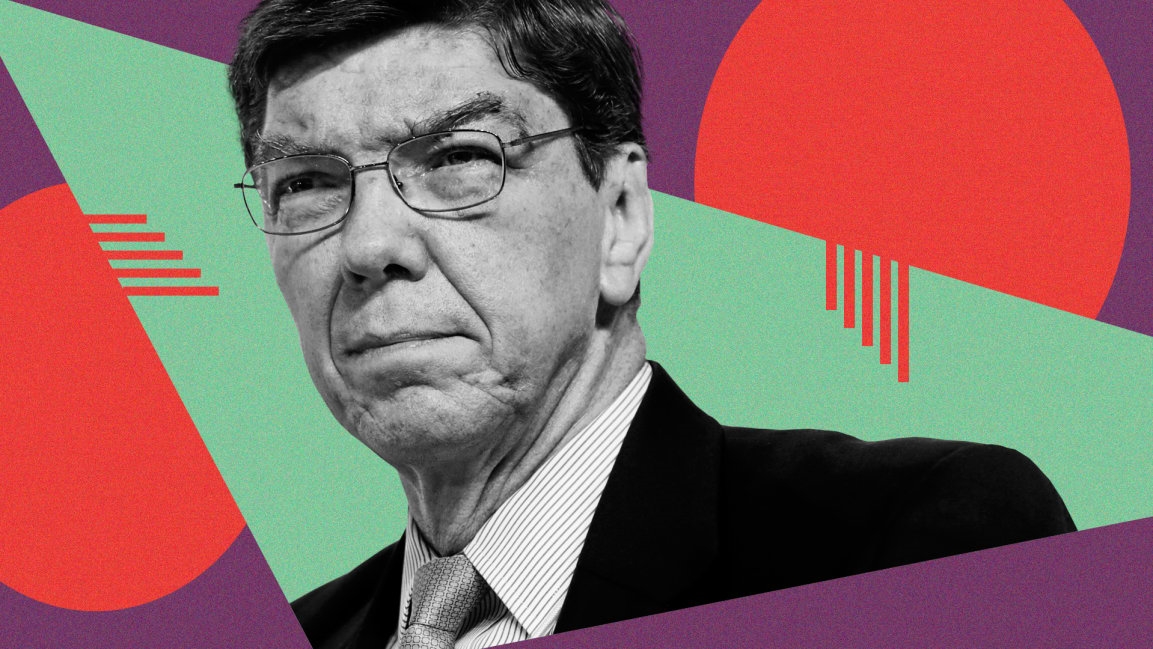Clayton Christensen, who gave us the Innovator’s Dilemma, has died
There’s no better way to judge the importance of a business thinker than to assess the stature of the people whom he or she influenced. By that standard, Clayton Christensen, who died from complications relating to cancer treatment on January 23 in Boston, had few peers.
A Harvard Business School professor as well as a consultant, and investor, Christensen was best known for his theory “The Innovator’s Dilemma,” which he codified in a 1997 book of that name. It argued that companies that become successful through innovation struggle to remain inventive through new technological waves, since they become focused on maintaining their current successes while new startups with nothing to lose are free to disrupt the status quo.
That fact had long been apparent—almost all of the minicomputer companies that thrived in the 1970s were demolished by the PC revolution of the 1980s—but Christensen’s crisp analysis proved enormously influential. Some of the world’s most accomplished CEOs—including Apple’s Steve Jobs, Intel’s Andy Grove, and Netflix’s Reed Hastings—sought to learn from it and avoid the fate of past entrepreneurs who were too protective of existing businesses.
The Innovator’s Dilemma helped explain an awful lot about the past, present, and future of technology, but Christensen wasn’t an infallible seer. As Stratechery’s Ben Thompson pointed out in 2013, Christensen thought that the original iPhone wasn’t innovative enough to unseat existing mobile-phone kingpins such as Nokia. He also argued that modular technology—such as Microsoft Windows running on a PC made by some other company—had a long-term advantage over vertically-integrated products such as those offered by Apple. In many ways, this century has been one of vertical integration—from the iPhone to Amazon’s Alexa/Echo ecosystem—and it’s reasonable to question some aspects of Christensen’s thinking that once seemed manifestly true.
At the moment, vertically-integrated tech giants such as Apple, Google, Facebook, and Amazon also appear more deeply entrenched than ones of yore, which makes it tougher to predict how the Innovator’s Dilemma might spell their doom. But even if Christensen’s explanations of industry dynamics aren’t eternal verities, they’re powerful—and may well help us understand corporate downfalls yet to come.
(24)



